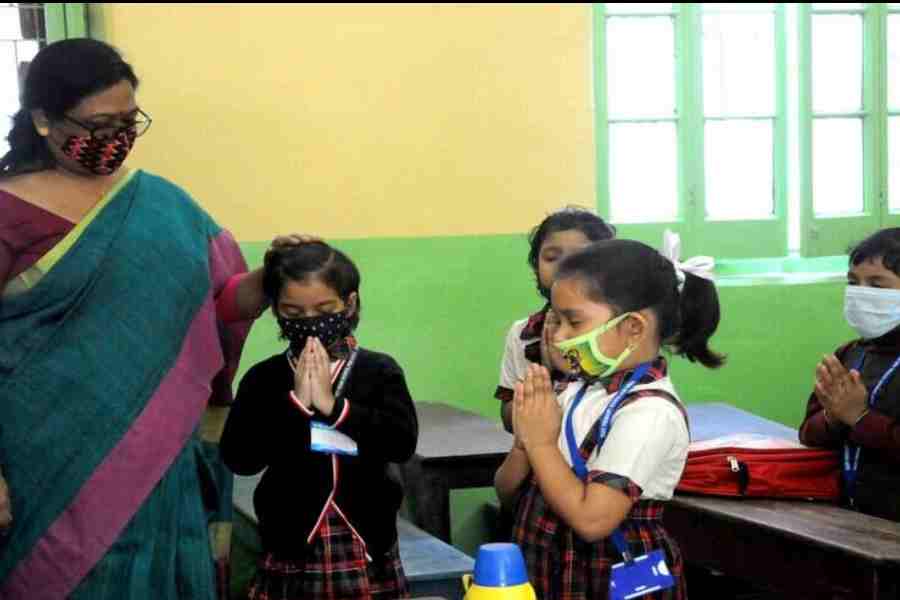The effects of an adverse event can linger after it is over. Even though the Covid-19 pandemic has ceased to be a health emergency — the World Health Organization agrees — the challenges it has sown in other walks of life continue to be visible. One of the pivotal areas where the pandemic’s aftershocks are being acutely felt is education. The dip in performance this year in the Classes X and XII examinations across education boards is a case in point. Students’ performances in the Central Board of Secondary Education examinations showed a marked decline in the overall pass percentage compared to last year. There has been a similar drop in the average performance in the Indian School Certificate examination. Even the Madhyamik and the Higher Secondary examinations, conducted by the West Bengal education board, witnessed identical falls in scores in comparison to 2022 — when the syllabi were truncated and students wrote their exams at home centres. While the pass percentage for the school-leaving exam marginally increased, the number of high performers sharply declined. The slide in performance has been attributed to the learning gap caused by the disruptions during the pandemic-induced lockdowns, the resultant strain on resources, and the challenges posed by technology-supported learning. There is concern that access to education for the poor has suffered on account of these cumulative factors, resulting in a spike in drop-out rates.
An objective assessment of the conditions contributing to ‘learning loss’ should be a priority. Evidently, digital education has not been the best replacement for physical classrooms. A recent study conducted by Jadavpur University concluded that online classes negatively impacted students on both sides of the digital divide. Unequal access to digital infrastructure has been one of the persistent concerns as the higher secondary results indicated: those from marginalised families were badly affected. Further, reports suggest that remote learning has hampered students’ concentration levels, writing speed and handwriting, with over-reliance on gadgets causing distraction and mental health problems. These go to show that online education can be a facilitator but never a substitute of the classroom. The hybrid model — deemed to be the future of the education system — must, therefore, focus on teacher training and adaptive learning strategies to meet the challenges revealed by Covid.











